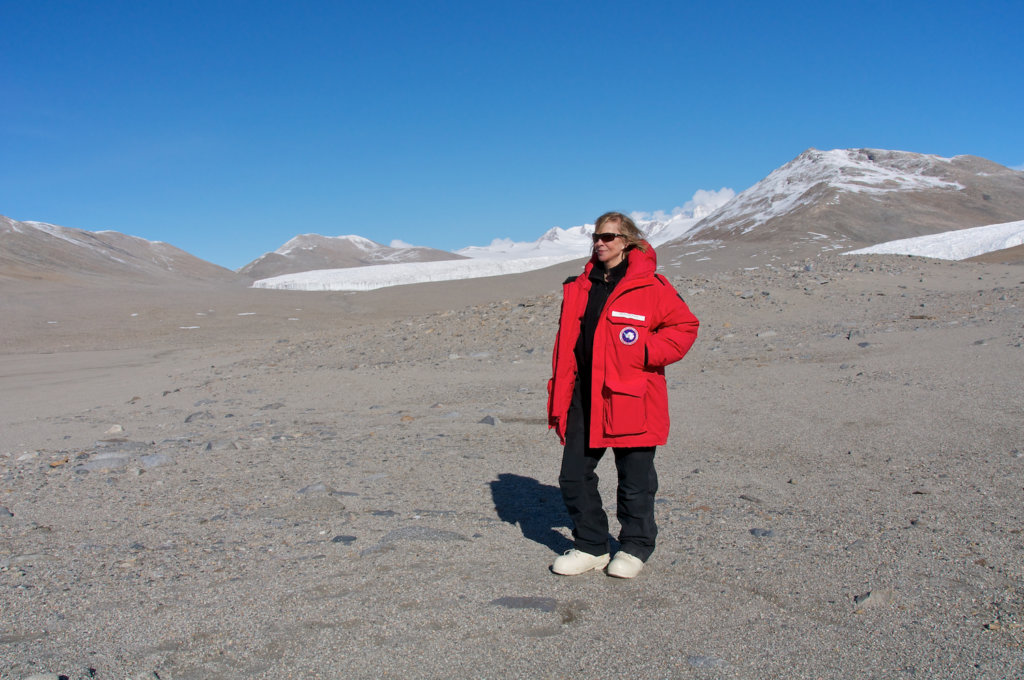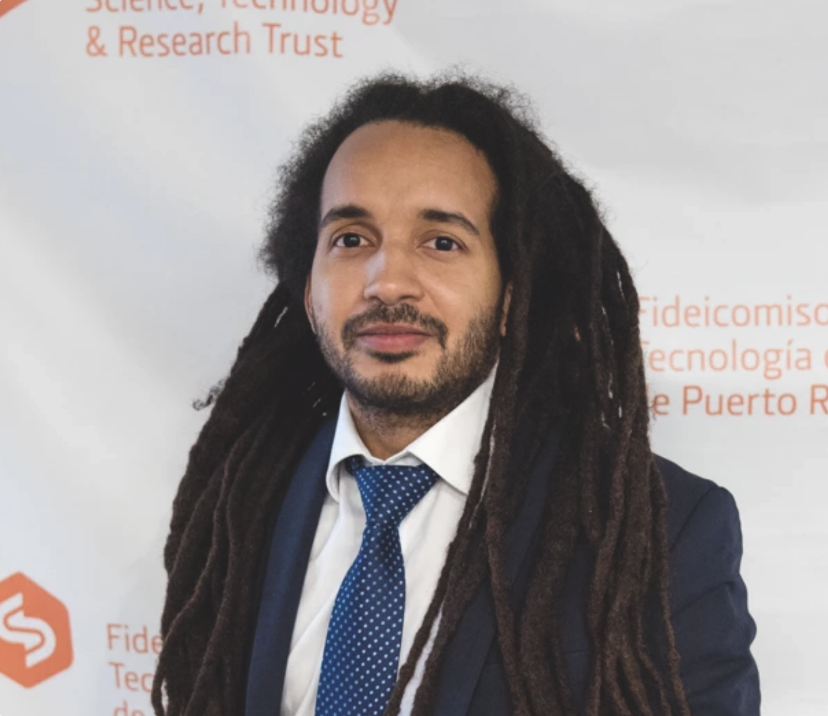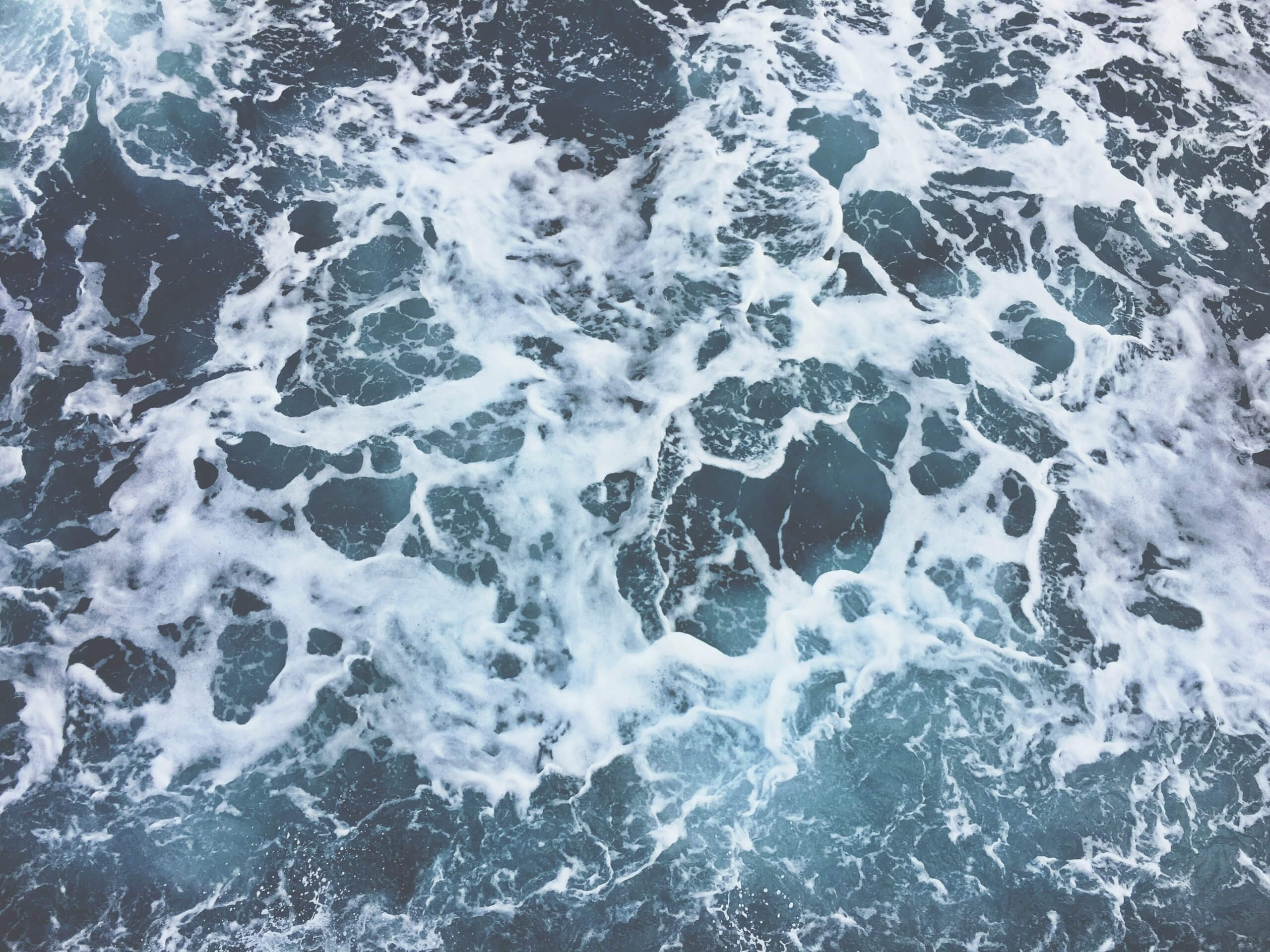Dr. Diana H. Wall is a soil ecologist and environmental scientist, and is the Founding Director of the School of Global Environmental Sustainability (SoGES) at Colorado State University (CSU). Diana’s passion for soil ecology and nematodes has taken her all over the world, including over twenty-five trips to Antarctica. Diana’s work and career was profiled in Nature for her contributions to science – ‘Secrets of life in the soil’ by Rachel Cernansky. Her tireless efforts to promote soil biodiversity, ecology, and communication skills for scientists have also led her to many leadership positions, including the presidencies of the Ecological Society of America (ESA) and the American Institute of Biological Sciences, and many honors, such as the naming of Wall Valley in Antarctica for her work in the McMurdo Dry Valleys. Just this past spring, Diana was named the 2017 ESA Eminent Ecologist – their highest honor, awarded to senior ecologists for “an outstanding body of ecological work or sustained ecological contributions of extraordinary merit.”

Image courtesy of Diana Wall.
We first met Diana in 2000, when Nancy Baron (our Director of Outreach) became the lead communications trainer for Leopold. Diana was in the first cohort of the Leopold fellows in 1999, and then served as co-chair for the Aldo Leopold Leadership Program from 2003-2006. Her experiences with the Leopold Program and her vision for the future led to the creation of the SoGES Sustainability Leadership Fellows, a competitive year-long communication and professional development skill-building program open to twenty senior PhD candidates and postdoctoral scholars at CSU. COMPASS has provided training for the SoGES fellows since the inaugural cohort of the program in 2011 (there are now over 140 fellows). We caught up with Diana to learn more about goals of the program. We’re excited to share excerpts from that conversation here:
Why did you start the SoGES Sustainability Leadership Fellows program? What need were you seeking to fill?
When we started the school 10 years ago, one of the most important things for me was reaching younger people—grad students, getting their PhDs and postdocs—who may have competence in their field but wanted to learn tools and communication skills, so that they could comfortably communicate why their science was important.
I learned a lot with the Leopold program. I had a lot of confidence personally about talking to my colleagues about my science and discipline, and the broader field of biology. But talking to somebody from the media about it? No.
A lot of academics aren’t as confident about talking about their science in a way that conveys how exciting it is, the issues about it, how it might be solved, why people should care. I think that’s partially because you’re going through grad school, and you’re thinking more and more about your project and getting excited about that …but it’s also really important to be comfortable and not scared talking to different types of people.
When I first started the program, I was thinking “Here’s this new global environmental sustainability school that draws on people from across the whole campus. What do we all have in common? We want to educate and train leaders, we want quality scientists, quality leaders, ethical and fair leaders. We don’t want people to get a call from a reporter and say ‘I don’t want to talk to them!’ That’s why we lead each year’s fellowship with a COMPASS training with journalists. The fellows see that the journalists want to get it right, and how to help them do that.
I think the confidence you get from doing a COMPASS workshop is really remarkable. I can see the transition in these fellows in two days. It’s something that I feel really strongly that tomorrow’s science leaders need.
What are the benefits of doing a year-long fellowship program that draws from many disciplines?
There’s more to being a leader than just knowing one skill. We have the COMPASS training with the journalists as the very first activity, which gets the fellows thinking cross-disciplines, which I think it really important. It makes these 20 young people see that they know their stuff really well. They’re sitting around the table, and someone who’s been studying a field like atmospheric science may initially wonder what in the world they’re doing sitting next to a sociologist, and the sociologist may wonder the same thing, but building trust across disciplines helps overcome the hesitancy to share knowledge. It lets them step back from the rabbit hole they’re in, that world that they’re concentrating on 24/7, and find out that there are other passionate researchers doing the same thing for their topic. In a sustainable future, we must have this kind of understanding across disciplines.
The reason I think the year-long fellowship is important goes back to the early years of Leopold. We had a fall training for one week and a spring training for one week. In the fall training with COMPASS, we discussed and learned how to communicate while maintaining our scientific integrity: and in the spring continued to practice our skills and connect with many audiences. For the SoGES fellows, we require attendance at 5-6 workshops throughout the year, and then check in with them on their strengths and interests—we’ve had workshops on time management, science and policy, having a “life” while doing research, storytelling, job negotiation, proposal-writing, handling conversations with people who are discontent, team-management—these are things they want and need to be successful scientists sharing their knowledge. We analyze the program every year to find out what was most effective, the workshops they liked the best, what helped them.
We also connect the fellows across cohorts and to opportunities to practice their skills at special events on campus. There’s a network to draw on, if someone’s looking for a job, or a journalist or policymaker is seeking specific expertise, we can say ‘Talk to this fellow.’ Also, bringing back previous fellows who share what the program has done for them opens the new fellows’ eyes to the idea that they can do and communicate science in a lot of ways.
What advice do you have for others considering starting this kind of fellowship?
There are a number of reasons that you’d want to start a program like this, and lots of different ways to do it, but the biggest thing is that the benefits are going to be huge. It will take more time than you realize, and it’s important to have somebody leading it that’s been in the hot seat, but when you start providing leadership skills, remember the science communication skills, and all those additional pieces that add support to future leaders in science, they use them.
For example, about two years ago some of the fellows decided to start a local sustainability radio show. They didn’t know how to do radio, but they asked Chris Joyce of NPR for advice because they’d met him at the Sustainability Leadership Fellows COMPASS training. They’ve gotten other fellows involved, and it’s still going today. When we asked what made them want to do that, they said they wanted to share their knowledge in a different way.
We also had a fellow who wanted to better understand the science the local senator was using to help make policy, so he volunteered in their office to find out. Through the fellowship, these young scientists gain the skills and confidence to take what they know and do something with it.
We need to teach as many people as possible that it’s not that difficult to have a good conversations and effect change as a scientist—they just need to have the chance to learn how to do it.


